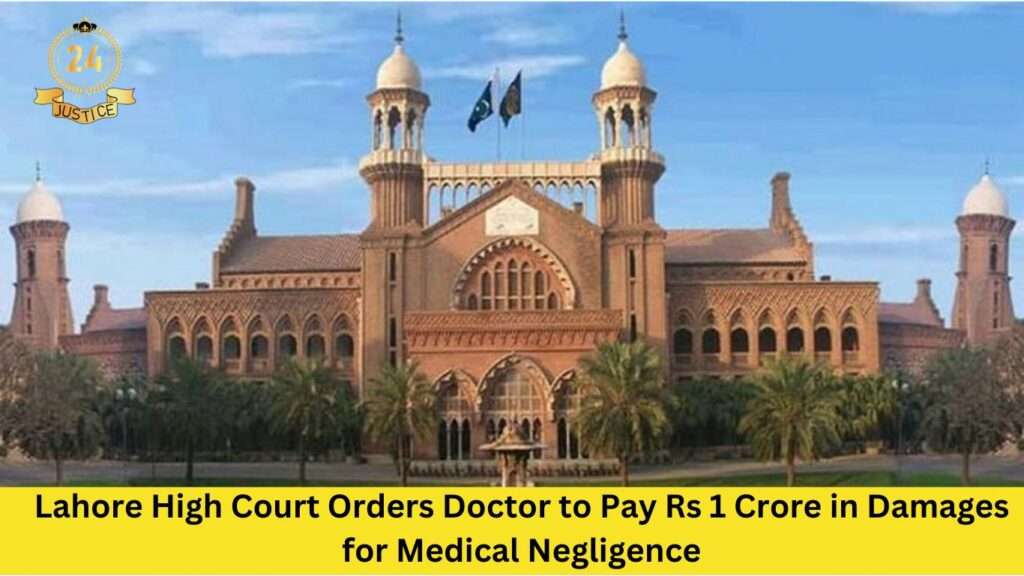THE DIPLOMATIC AND CONSULAR OFFICERS (OATHS AND FEES) ACT, 1948 The Diplomatic and Consular Officers (Oaths and Fees) Act, 1948, is a piece of legislation that pertains to the administration of oaths and the collection of fees by diplomatic and consular officers representing Pakistan abroad. This act outlines the legal procedures and requirements for diplomatic and consular officers to take oaths, affirmations, or affidavits and collect fees for their services. Short title and commencement. Definitions. Powers as to oaths and notarial acts abroad. Powers to fix fees. Exhibition of tables of fees. Penalty for taking excessive fees. Punishments for offence under this Act. Trail of offences. Power to make rules. Updated till 12.04.2023 THE DIPLOMATIC AND CONSULAR OFFICERS (OATHS AND FEES) ACT, 1948 1ACT NO. XXI OF 1948 [8th January, 1949] An Act to provide for the administration of oaths by diplomatic and consular Officers and to prescribe the fees leviable in respect of certain of their official duties. WHEREAS it is expedient to provide for the administration of oaths by diplomatic and consular officers and for the levy of fees in respect of certain official duties performed by them; It is hereby enacted as follows:___ Short title and commencement. ___ (1) This Act may be called the Diplomatic and Consular Officers (Oaths and Fees) Act, 1948. (2) It shall come into force at once, and shall be deemed to have taken effect from the fifteenth day of August, 1947. Definitions. ___ In this Act, unless there is anything repugnant in the subject or context,___ 2 [(a) “consular officer” includes consul, consular agent, consul-general, honorary consul, proconsul and vice-consul; and (b) “diplomatic officer” includes ambassador, agent, agent-general, assistant high commissioner, attache of a diplomatic mission, charged’ affaires, commissioner, counsellor, deputy high commissioner, diplomatic secretary, high commissioner and minister.] Powers as to oaths and notarial acts abroad. ___ (1) Every diplomatic or consular officer 3 [of Pakistan exercising his functions in any foreign country or place, or any such diplomatic or consular officer of a foreign country as is in writing authorized in this behalf by the 2 [Federal Government] in relation to any foreign country or place,] may in that country or place administer 4 [either online or in physical form] any oath or affirmation and take any affidavit and also do any notarial act which any notary public may do within the territories of Pakistan, and every such oath, affirmation, affidavit and notarial act administered, sworn or done by or before any such person shall be as effectual as if duly administered, sworn or done by or before any lawful authority in any part of Pakistan. (2) Any document purporting to have affixed, impressed or subscribed thereon or thereto the seal and signature of any person authorised by this section to administer an oath in testimony of any oath, affirmation, affidavit or act being administered, sworn or done by or before him, shall be admitted in evidence without proof of the seal or signature being the seal or signature of that person, or of the official character of that person. 1For Statement of Objects and Reasons, see Gaz. Of P., 1948, Pt. V p. 124. 2Subs. and shall be deemed always to have been so subs. by the Diplomatic and Consular Officers (Oath and Fees) Ordinance, 1960 (12 of 1960), s. 2, for the original cls. (a) and (b), as amended by the Diplomatic and Consular Officers (Oaths and Fees) Amendment Act, 1949 (3 of 1949), s. 2. 3Subs. and shall be deemed always to have been so subs. by the Diplomatic and Consular Officers (Oaths and Fees) Ordinance, 1960 (12 of 1960), s. 3, for the original words “exercising his functions in any foreign country or place”. 4 Ins. by Diplomatic and Consular Officers (Oath and Fees) (Amendment) Act, 2022 (XXI of 2022), s. 2. Powers to fix fees.___ The 5 [Federal Government] shall have power to fix tables of fees to be charged in respect of any act done in the execution of his office by a consular officer or by a diplomatic officer entrusted with consular duties, and to make regulations in accordance with which fees shall be levied, accounted for and applied or may be remitted. (2) Tables of any fees so fixed and any regulations6 so made shall be published in the official Gazette. Exhibition of tables of fees.___ (1) Tables of the fees mentioned in the preceding section shall be exhibited prominently at every customs port, land customs station and customs aerodrome. (2) Every consular officer and diplomatic officer entrusted with consular functions shall exhibit the aforesaid tables of fees in his office prominently and shall permit them to be inspected by any person wishing to do so. Penalty for taking excessive fees.___ No consular officer or diplomatic officer entrusted with consular duties shall, save as may be provided in the aforesaid regulations, ask for or take any fee or reward for any act done in the execution of his office, and if he does so he shall, without prejudice to any other liability, be punishable for every such offence with fine which may extend to Rs. 3,000. Punishments for offence under this Act.___ (1) Whoever swears falsely in any oath or affidavit taken or made in accordance with the provisions of this Act shall be punished with imprisonment for a term which may extend to three years and shall also be liable to fine. (2) Whoever forges or fraudulently alters the seal or signature of any person authorised by or under this Act to administer an oath or tenders in evidence, or otherwise uses, any affidavit having any seal or signature so forged or counterfeited or fraudulently altered knowing the same to be forged counterfeited or fraudulently altered, shall be punished with imprisonment for a term which may extend to three years and shall also be liable to fine. Trail of offences.___ Except as hereinafter provided, any offence under this Act may be inquired into dealt with, tried and punished










